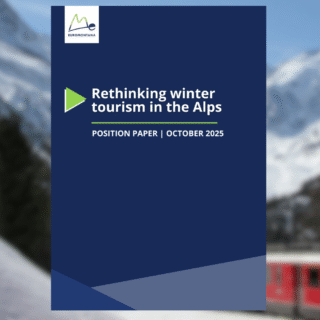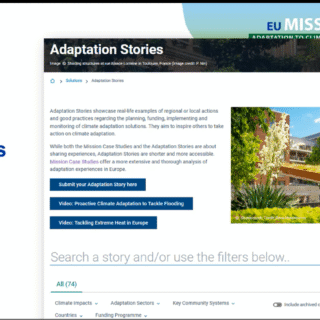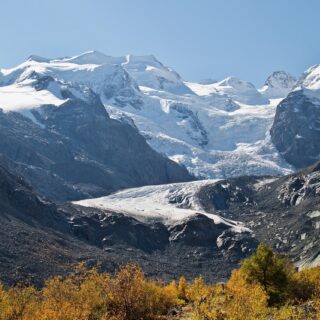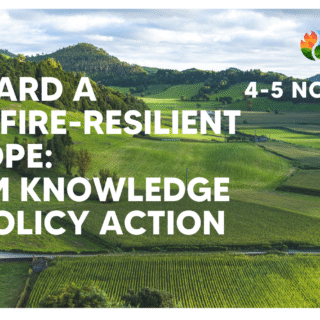Sankt Corona is no exception and, like many small alpine destinations, it faced a difficult decision: shut down or adapt? In 2014, the community made a decisive shift.
Climate change
Euromontana supports a new European manifesto for the governance of glaciers and connected resources
Together with more than 80 other organisations around the world, Euromontana supports a European manifesto for the governance of glaciers and connected resources.
European Manifesto for a governance of glaciers and connected resources
Supported by Euromontana and more than 80 organisations around the world, this joint manifesto demands immediate and targeted political responses to the economic, social and environmental impacts of climate change.
New 2013–2023 study highlights the twin challenges of generational renewal and climate change in the Alps
A recent intermediate report, updating demographic data for the Italian and Austrian Alps for the 2013-2023 period, highlights significant shifts in population and mobility patterns in the Alps and provides additional knowledge of ongoing demographic challenges.
Third Forum with European pastoral schools: Shepherding Futures
Join us for an inspiring online exchange dedicated to revitalizing pastoralism in Europe’s mountain and rural regions.
Rethinking Winter Tourism in the Alps
This policy paper, endorsed by Euromontana is part of the TranStat project activities and tackles the subject of rethinking winter tourism in the Alps.
Euromontana hosted the second session of the CoP event on tools and support for adaptation in mountain areas
Bringing together researchers, policymakers and practitioners, the event shone a spotlight on several resources, tools and networks that are helping mountain regions adapt to the impacts of climate change by collecting, storing and sharing knowledge and making it publicly available for mountain actors.
Europe is unprepared to face compounding environmental risks, EEA report finds
The report reiterates that the greatest challenges for Europe's environment are biodiversity loss and ecosystem degradation, as well as adapting to accelerating climate change, all of which are particularly acute challenges for mountain areas.
Toward a wildfire-resilient Europe: from knowledge to policy action
Join us for this landmark event bringing together leading voices in wildfire resilience, from civil protection agencies and scientists to community leaders, policymakers, and innovators.
Latest news
- Rethinking rural prosperity: Euromontana contributes to new ESPON publication on “Thriving beyond numbers”
- Euromontana supports a new European manifesto for the governance of glaciers and connected resources
- The Autonomous Province of Trento joins Euromontana !
- New 2013–2023 study highlights the twin challenges of generational renewal and climate change in the Alps
- Third Forum with European pastoral schools: Shepherding Futures








